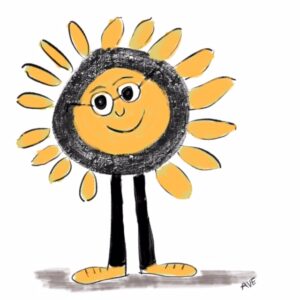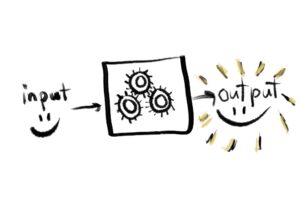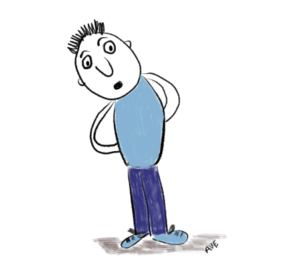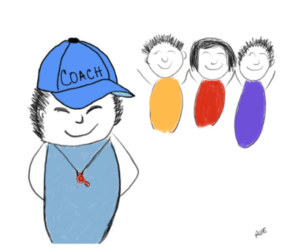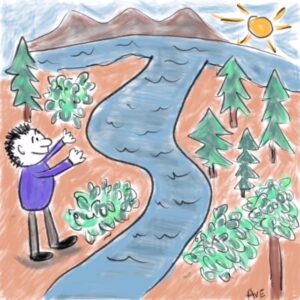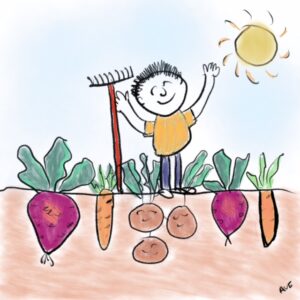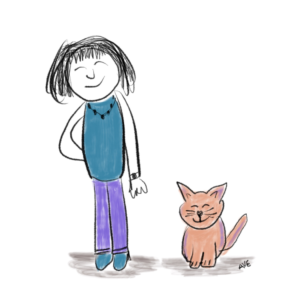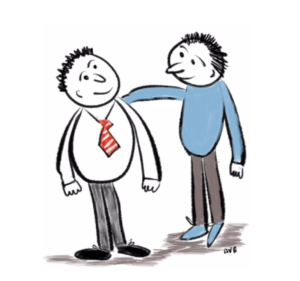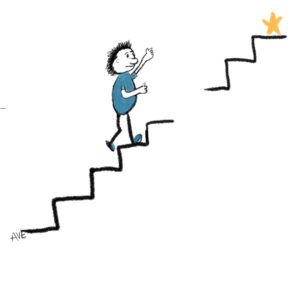
When I was a child, I was dumbfounded that my parents seemed to see the world so differently and seemed to miss each other when communicating. I wondered how they could perceive things so uniquely and then fail to communicate. How can people work together and make things happen when they experience things so differently?
This became a life question for me. I saw the same kinds of misunderstandings and lack of effective communication in schools and the workplace. It’s what led me to study Organization Psychology, become a coach, and develop the OASIS Conversations process. I believed that since conversation skills are so essential, they must be learnable.
Former LinkedIn CEO Jeff Weiner says, “As businesses increasingly rely on cross-company collaboration, they’re emphasizing interpersonal communications more heavily. Unfortunately, this is a job skill many employees are lacking.”
LinkedIn analyzed skills shortages based on data from member profiles and job postings across 100 major U.S. cities. LinkedIn found the top skills gap across the United States is communications. Given my experience working globally, I suspect this gap is widespread.
I am confident that communication skills are learnable and can be enhanced at any stage of life or in any role. Engaging in positive and productive conversations is one of the most critical skills for leaders, managers, coaches, change agents, and people who want thriving relationships and results.
One of my clients told me that all the leaders in her large organization had learned the OASIS Conversations process. She sees tangible results and better relationships, and it is changing the culture.

